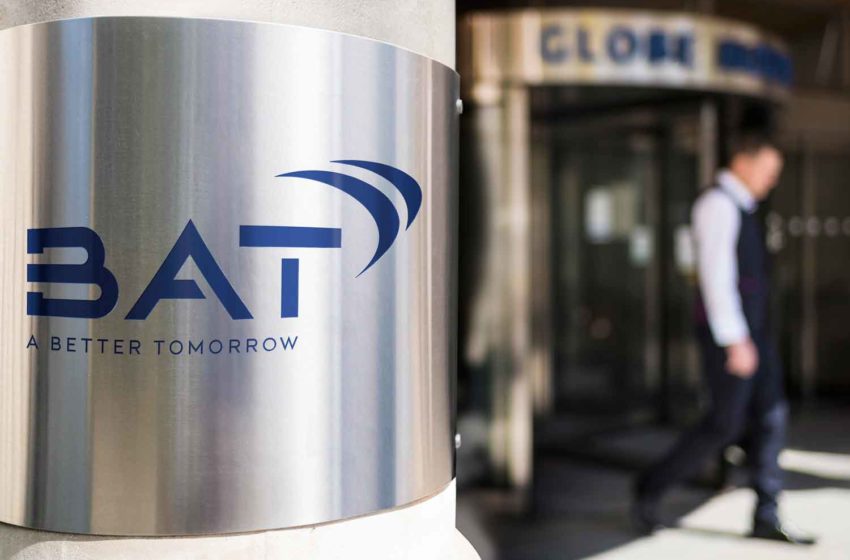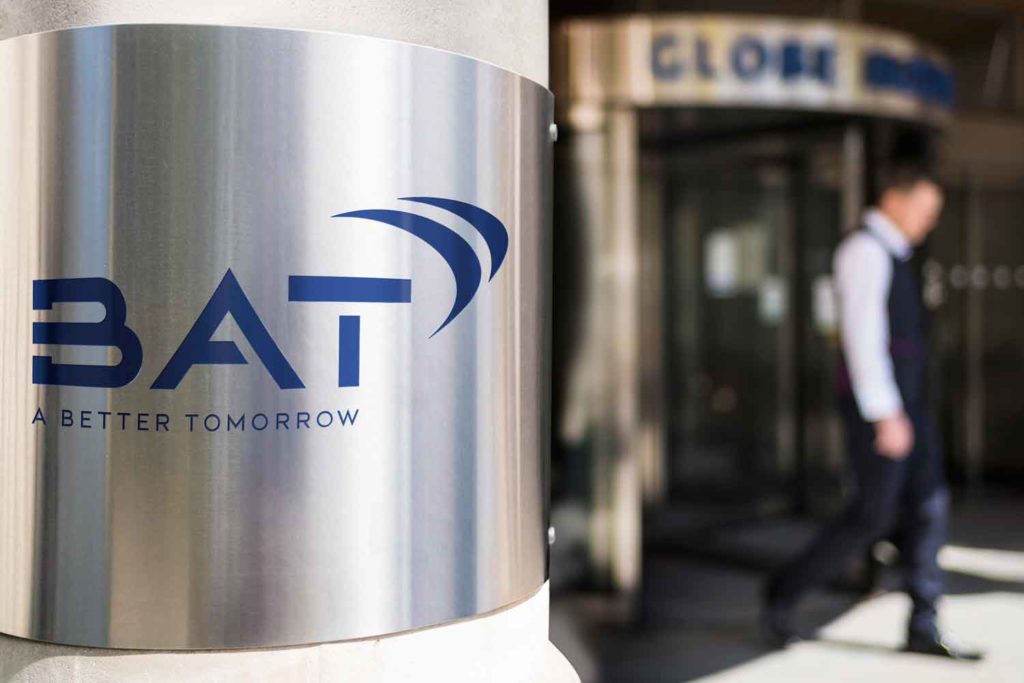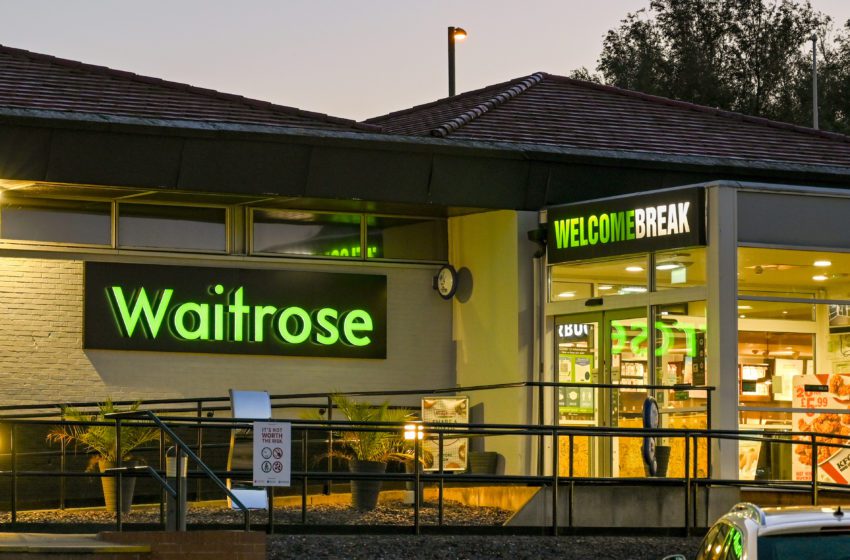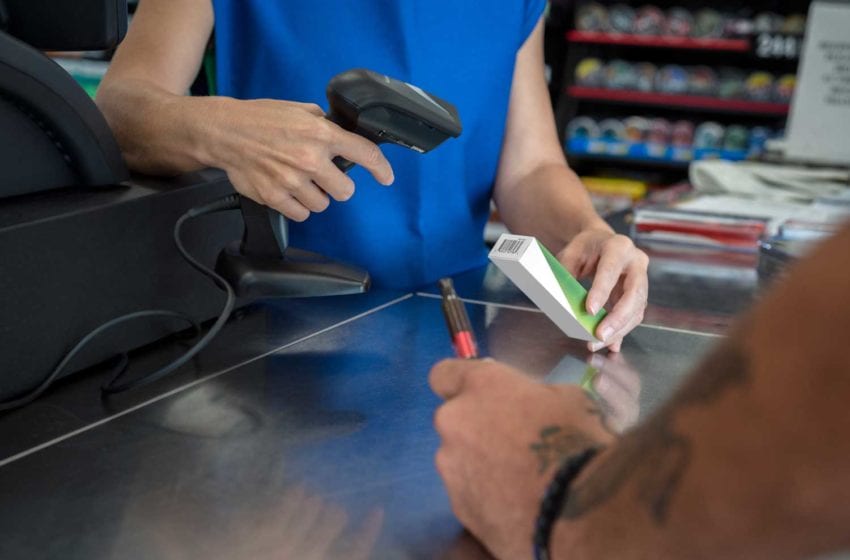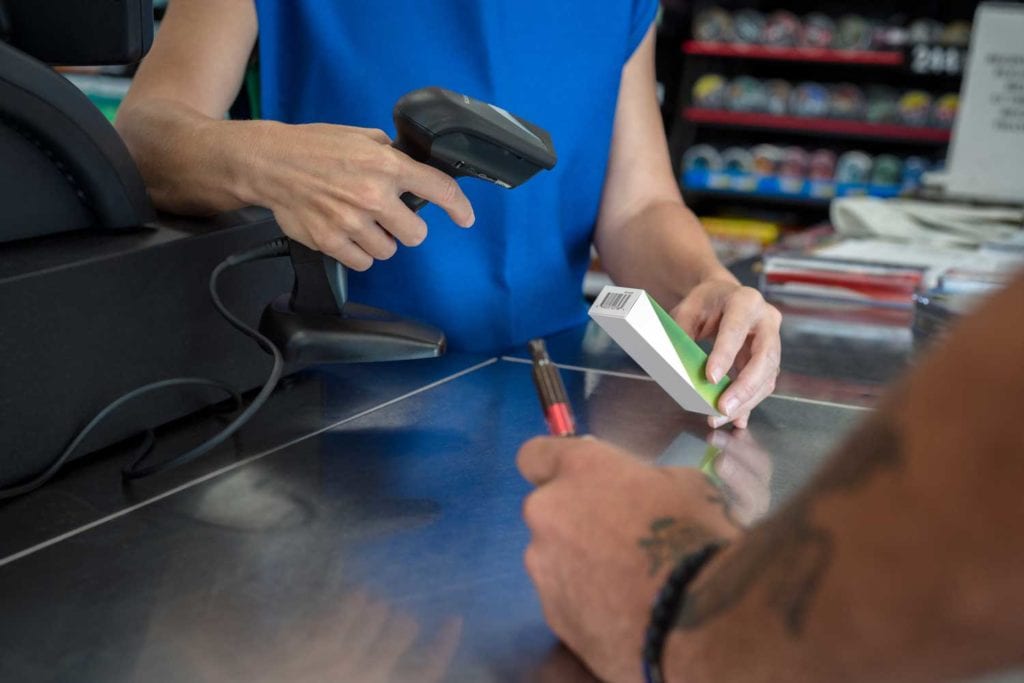
R.J. Reynolds Vapor Co. has continued to expand Vuse‘s market-share gap with Juul, according to the latest Nielsen convenience store report released Tuesday.
Vuse’s market share rose from 41.5% in the previous report to 42.2%, compared with Juul declining from 26.1% to 26.1%.
The latest Nielsen analysis covers the four-week period ending March 25, according to media reports.
According to Barclays, Nielsen largely covers the big chains. For the smaller chains, the group extrapolates trends, which is why trend changes don’t appear immediately in Nielsen.
Consumer demand for tobacco products has ebbed and flowed over the past 12 months, mostly from the impact of inflation and recent upticks in traditional cigarette prices.
No. 3 NJoy was unchanged at 2.7%, while Fontem Ventures’ blu eCigs was unchanged at 1.4%.
On March 6, Altria Group Inc. delivered another shakeup to the tobacco industry by confirming it would pay $2.75 billion in cash to take full ownership of NJoy.
Altria cleared the way for the NJoy purchase by exiting its minority stake in No. 2 e-cigarette Juul while acquiring global licensing rights.
Juul’s four-week dollar sales in the latest report have dropped from a 50.2% increase in the Aug. 10, 2019, report to a 23.9% decline in the latest report.
By comparison, Reynolds’ Vuse was up 31.1% in the latest report, while NJoy was down 10.9%, blu eCigs down 37.4% and Japan Tobacco’s Logic up 5.2%.
As recently as May 2019, Juul held a 74.6% U.S. e-cig market share.


